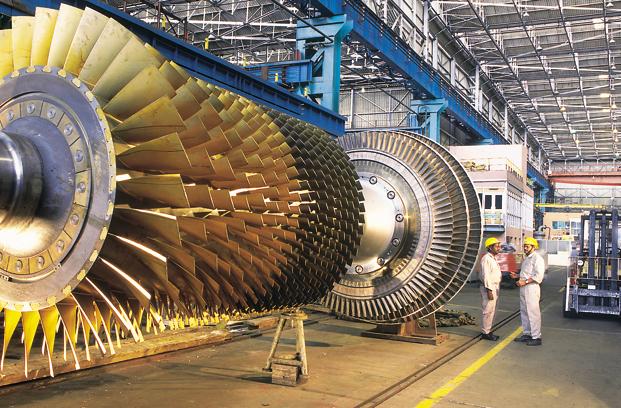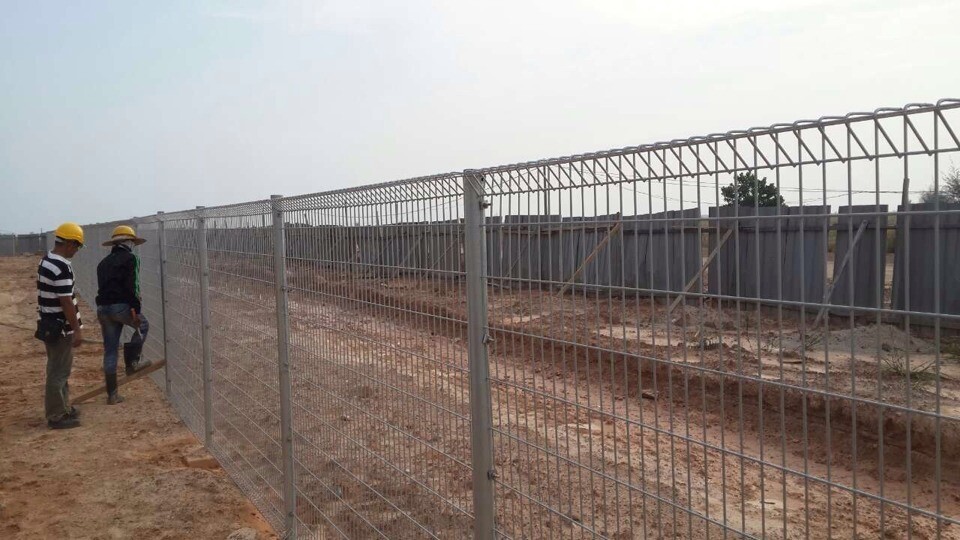The UK government, since 2010, has explicitly stated its goal of growing British manufacturing. The Department for Business, Innovation and Skills specifically set out in its Growth Review Framework for Advanced Manufacturing (Dec 2010) targets to propel the UK to Europe’s leading exporter of high value goods, grow manufacturing output and increase the proportion of the population working in the industry over the next ten years. Concurrently, the government has placed an emphasis on small to medium sized businesses, drawing up a number of action plans to support SMEs, in a bid to kick start the spluttering economy.
In the meantime, the United Kingdom is becoming a net energy importer. Historical opposition to nuclear power, aging and increasingly expensive coal power plants, pressures from Europe to generate more energy from renewable sources alongside a whole host of other factors both domestic and international are pushing the cost of energy up. It’s estimated by some think-tanks that SMEs could face an increase of over 20% in the price of energy over the next five years.
Unfortunately in the manufacturing industry, there is little room for growth unless energy usage increases. Whilst it is true that advances in technology can make manufacturing processes more efficient, it is simply impossible for a growth in manufacturing to coincide with no net gain in energy consumption. Couple this with the fact that the UK grid regularly runs at 96% capacity and it is clear that there is the potential for a serious conflict of interests.
So how is UK manufacturing coping with these conflicting pressures?
Actually, British manufacturing is performing remarkably well. Despite a drastic fall in demand from the Euro zone, the industry has surged in recent months largely thanks to domestic demand and demand from across the pond. This is even more impressive when one compares the performance to that of European manufacturing industries. German manufacturing has managed only modest growth in the previous months whilst French and Italian manufacturing is actually in decline.
The outlook isn’t all rosy, however, as export indices show a slump in foreign demand. Couple this with stagnant employment figures and particularly low inflation and its clear to see UK manufacturing is not out of the woods just yet.
Then how can UK manufacturing respond to these outside pressures whilst simultaneously finding room to grow?
The government believes that the drive towards green technology, energy efficiency and low carbon emissions should actually be view as an opportunity as well as a significant challenge. Traditional manufacturing sectors not only have to reform their energy use but should look to the production of innovative goods and services that address key environmental issues.
One example of such a company is Brooks Forgings, based in the midlands. It has positioned itself as a leading manufacturer of standard and bespoke components for power and energy sites across the world.
Recycling waste products is another opportunity that requires innovation and investment from manufacturing companies. Whilst there are tried and tested recycling processes for some materials such as wood and metal, recycling of many industry waste products is still unheard of. Investment in discovering a cost effective way to re-use products such as lubricants could well yield lucrative results.
Manufacturing traditional parts with new materials is another area attractive massive investment. Lightweight, strong materials can drastically reduce the amount of energy used in industries such as transportation and aerospace. It is estimated that the UK composites market is already worth over £1bn and is set to grow up to 15% a year.
On another note, it is also up to the government to set out and implement a clear energy policy for the UK. Where possible it should include green energy, but people should also be wary of snubbing more unpopular technologies such as clean coal, shale gas and nuclear power.
To conclude, whilst the UK manufacturing industry is performing well, it faces serious challenges if it is to continue as the fastest growing of the leading European markets. One of the biggest of these challenges is that of transitioning to an energy efficient, environmentally friendly industry. Rising energy costs as well as domestic and international pressure dictates that the leading manufacturing company of the future will have a minimal environmental footprint. Whilst the challenge is certainly great, these considerations also create opportunities for those industries that are willing to invest and innovate.




